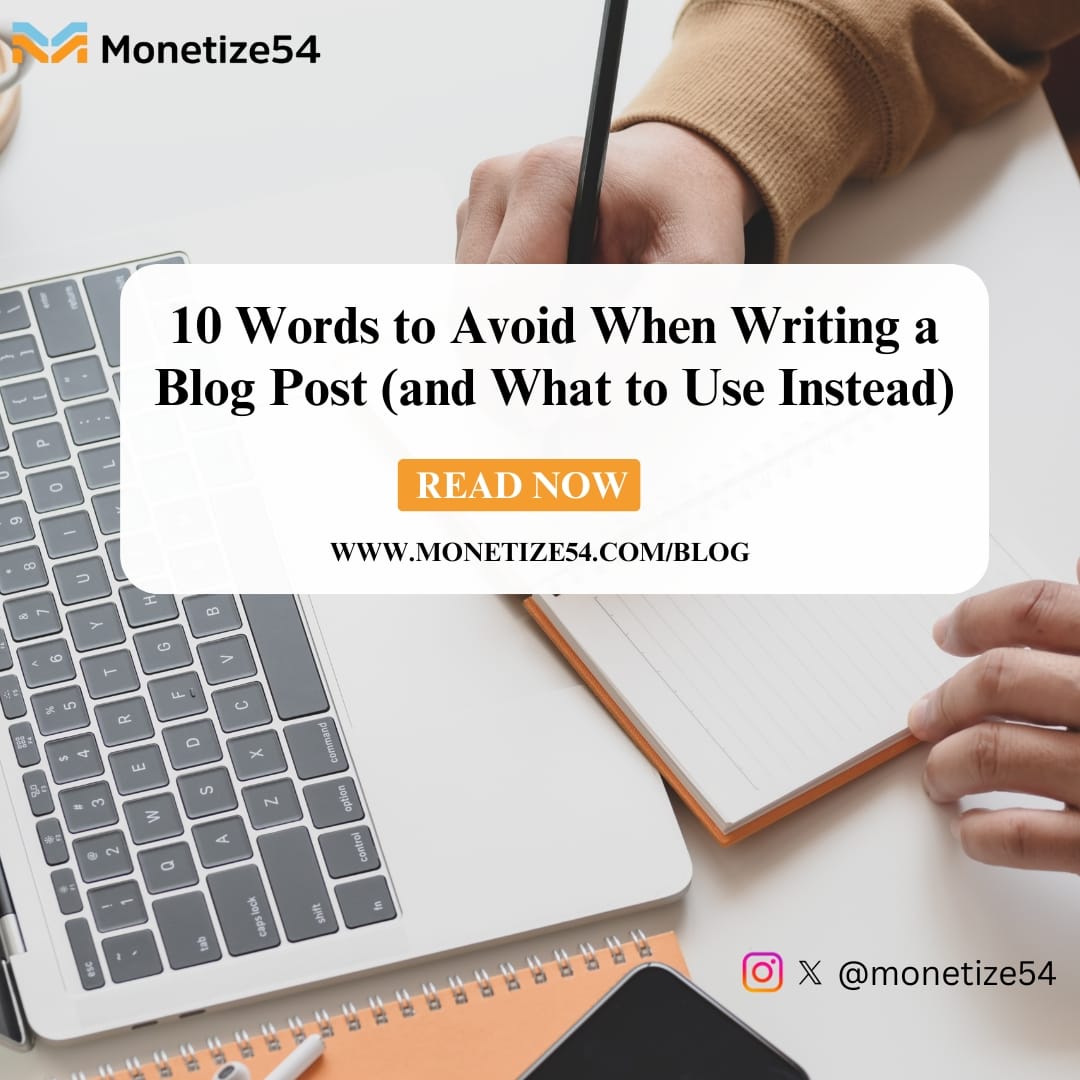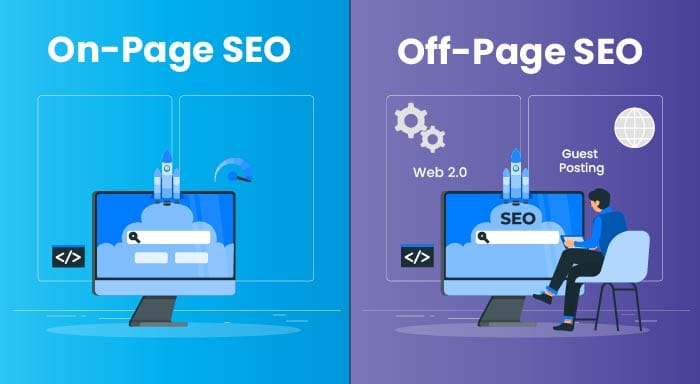10 Words to Avoid When Writing a Blog Post (and What to Use Instead)
Whether you're blogging for business, personal branding, or storytelling, using precise and engaging language is key to holding your audience’s attention.

Writing a compelling blog post isn't just about what you say, it's also about what you avoid. Certain words can make your writing seem vague, weak, or uninspired, turning off readers before they reach the end.
Whether you're blogging for business, personal branding, or storytelling, using precise and engaging language is key to holding your audience’s attention.
Here are 10 words to avoid when writing a blog post, and what to use instead.
1. Very
Why to avoid it: “Very” is an intensifier that adds little value. It often weakens the sentence by relying on vague amplification.
Better alternatives: Replace the word pair with a stronger single word.
Very happy → ecstatic
Very big → enormous
Very tired → exhausted
2. Really
Why to avoid it: Like “very,” “really” dilutes your message. It sounds conversational but can make your writing feel imprecise.
Better alternatives: Use action-oriented or descriptive verbs/adjectives instead.
Really bad → terrible, awful
Really good → excellent, outstanding
3. Stuff
Why to avoid it: “Stuff” is vague and non-specific. In a blog post, readers want clarity, not generalities.
Better alternatives: Be specific about what you're referencing.
Instead of “I learned a lot of stuff about marketing”, try “I learned key strategies about content marketing and lead generation.”
4. Things
Why to avoid it: Like “stuff,” the word “things” adds no real meaning. It’s filler that often hides a lack of clarity.
Better alternatives: Name the exact elements.
“Here are five things to do” → “Here are five productivity hacks to try”
5. Just
Why to avoid it: “Just” can undermine your authority and make your writing sound apologetic or hesitant.
Better alternatives: Remove it entirely unless it's needed for tone or context.
“Just wanted to share this” → “Here’s something worth sharing”
6. Some
Why to avoid it: “Some” makes your writing non-committal and weakens your point.
Better alternatives: Be specific or quantify.
“Some bloggers struggle with SEO” → “Many new bloggers struggle with SEO”
7. Maybe
Why to avoid it: “Maybe” introduces uncertainty. When writing authoritative content, avoid words that make you sound unsure.
Better alternatives: If speculation is necessary, back it with evidence or say it directly:
“Maybe this strategy will help” → “This strategy has helped many bloggers increase traffic”
8. Literally
Why to avoid it: Unless you’re stating a fact that’s 100% true in the literal sense, avoid this overused and often misused word.
Better alternatives: Use figurative language or skip it altogether.
“I was literally on fire” (unless you were) → “I was totally crushing it”
9. Kind of / Sort of
Why to avoid it: These phrases make your writing sound indecisive and unclear.
Better alternatives: Be bold and direct.
“This kind of helps you grow your blog” → “This helps you grow your blog faster”
10. Nice
Why to avoid it: “Nice” is bland and generic. It doesn’t convey emotion or insight, especially in reviews or recommendations.
Better alternatives: Use more descriptive adjectives.
“It’s a nice tool” → “It’s a user-friendly and powerful tool”
Final Thoughts
Effective blogging is about strong, intentional language. By trimming vague, filler words and replacing them with direct, descriptive terms, your blog posts will become more persuasive, engaging, and authoritative. Your readers will thank you, not just for the information you provide, but for respecting their time with clear, impactful writing.



